About Missouri Charter Public School Association

Who We Are
The MCPSA is dedicated to ensuring all families in Missouri have equitable access to high-quality schools where students can thrive. As the voice of the state’s charter school community, we provide ongoing support to schools, advocate for supportive public policies, and inform the public about the benefits of a charter school model. A trusted membership organization, MCPSA has earned its reputation as the “go-to” resource for charter school leaders, educators, and families. From providing essential tools and support to fostering collaboration and amplifying success stories, we are committed to empowering schools and creating opportunities for students across Missouri.
What is a 'Charter' School?
Charter Schools are independent public schools free from some rules and regulations that apply to traditional public school districts. In exchange for flexibility, charter school sponsors hold schools accountable for results. Charter schools are non-sectarian, do not discriminate in their admission policies, and may not charge tuition or fees.
Missouri Charter Schools Are:


Tuition Free
Charter schools are public schools and are free to attend.

Open to All
Any student living within the school’s designated area can enroll, regardless of academic history, background, or zip code.

Quality Public Schools
Thousands of Missouri parents choose charter schools for their children because they trust them to deliver high-quality education in a safe, supportive environment.

Innovative
There is no one-size-fits-all. Charter schools provide a variety of learning models and are designed to meet the needs of individual students.
The MCPSA Strategic Plan:
Growing Our Impact by 2027
View Our Strategic Plan
Over the next few years, MCPSA has the opportunity to clarify its role as the only organization dedicated specifically to the needs of Missouri charter schools, reground stakeholders in our shared vision, and build the support needed to bring it to life. With this strategic plan, we expect to see a renewed focus on charter quality, increased public support, and continued growth.
Member Solutions
We listen to and support members. Our schools value the support we provide to navigate and access federal programs, facilitate collaboration between charter schools, and share best practices and resources.
Communications
We communicate effectively, harnessing the collective voice of our school communities to steward the public narrative about charter schools in Missouri.
Policy & Advocacy
We will build support for policies that promote and protect charter freedoms on behalf of our members and the families they serve.
Meet the Team
Executive Team

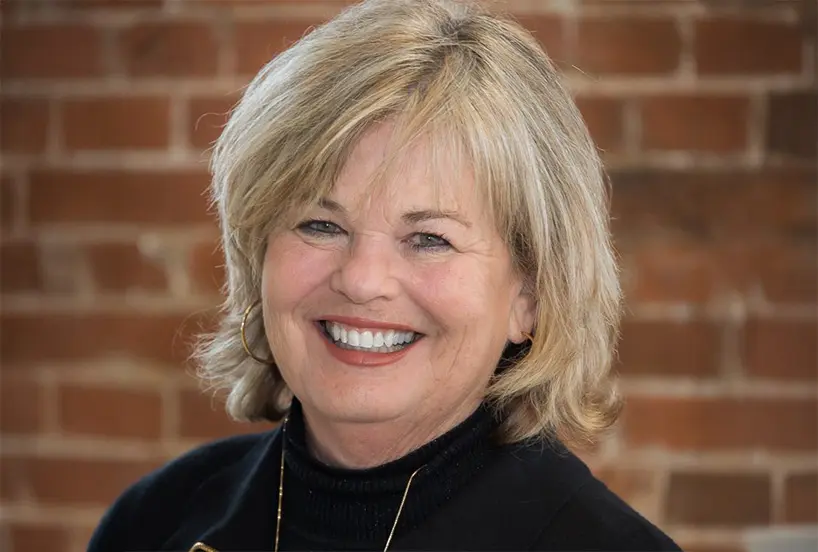
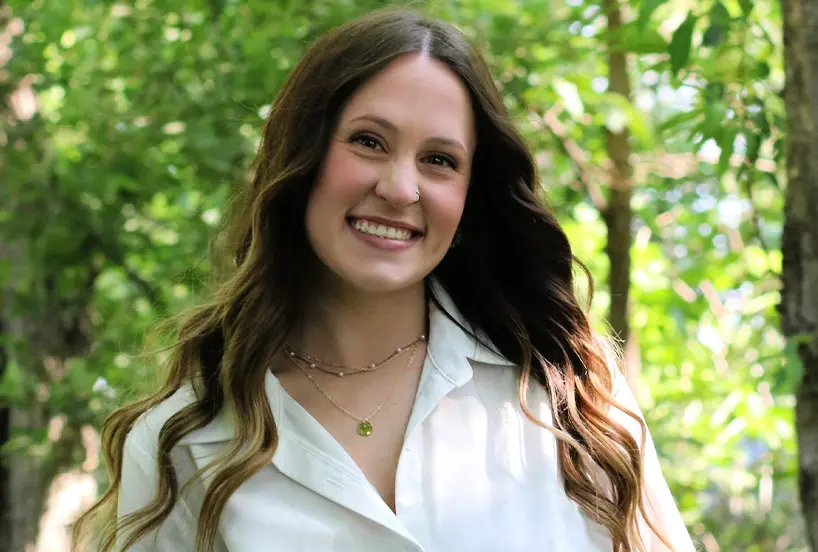
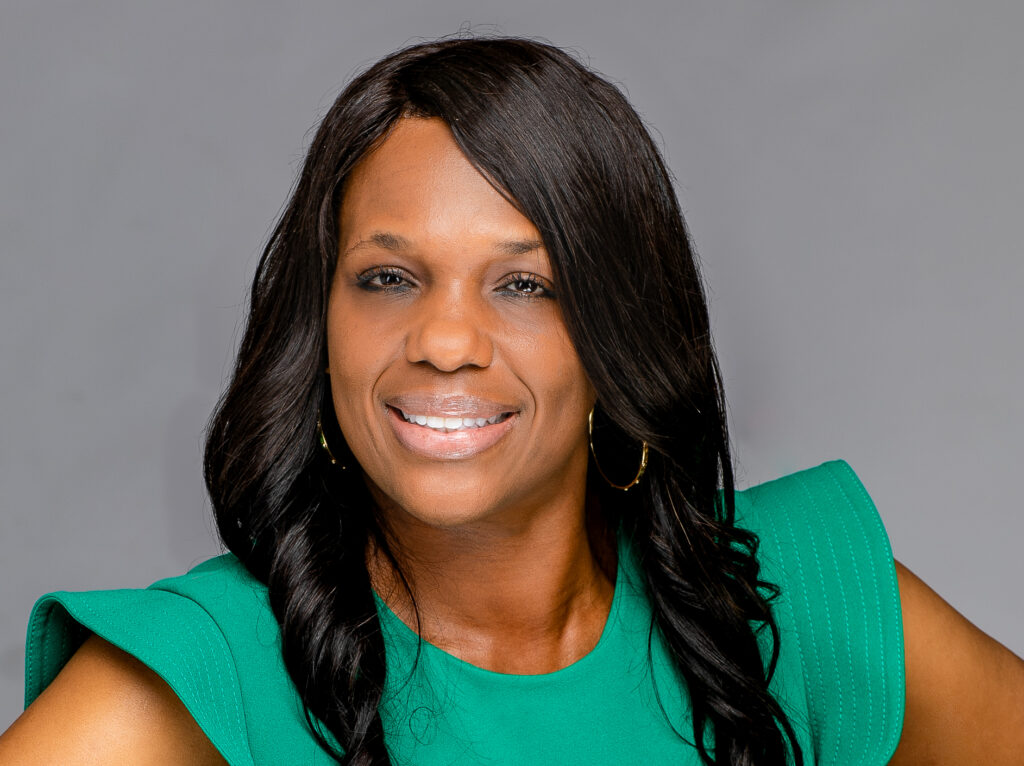
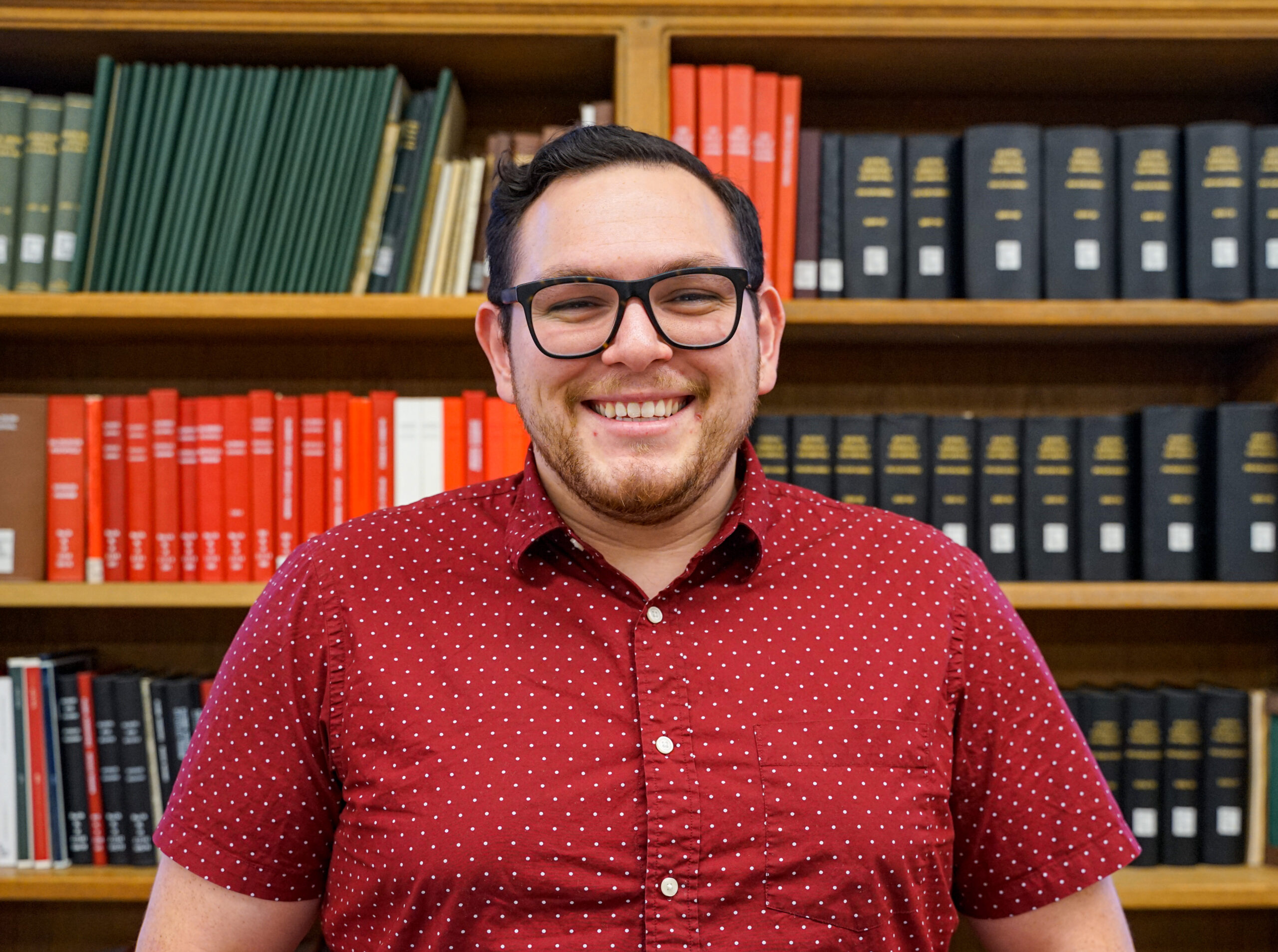

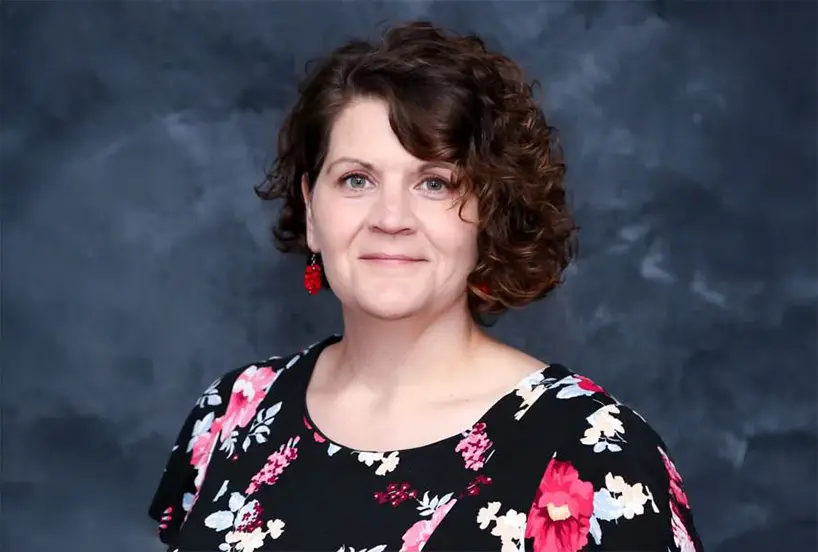
Board of Directors
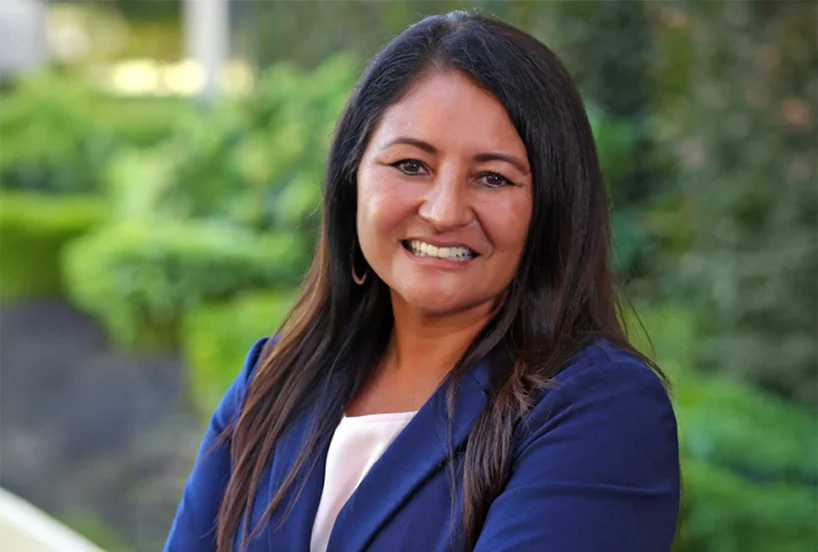
Nicole Goodman
Board Member
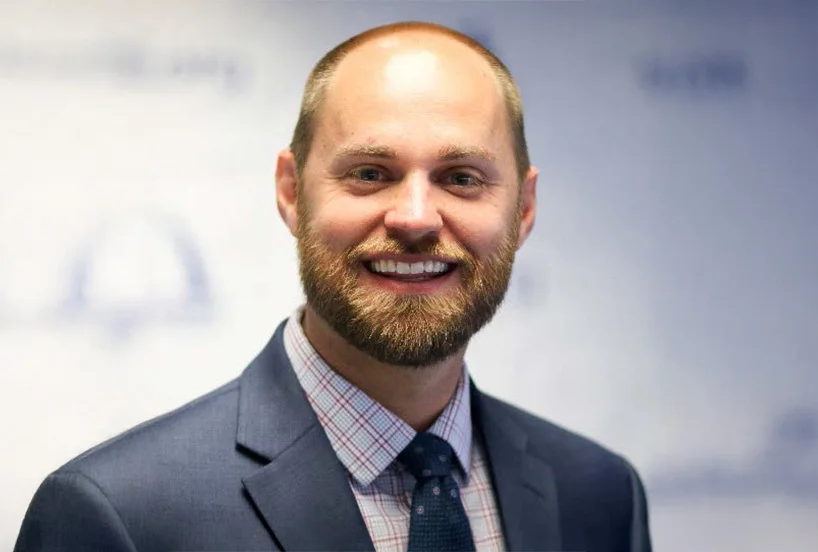
Colby Heckendorn
Board Member
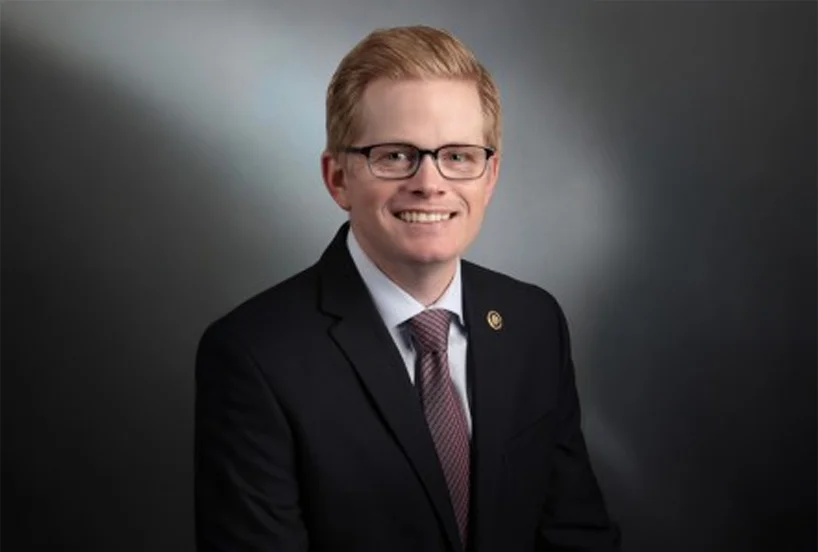
Caleb Rowden
Board Member
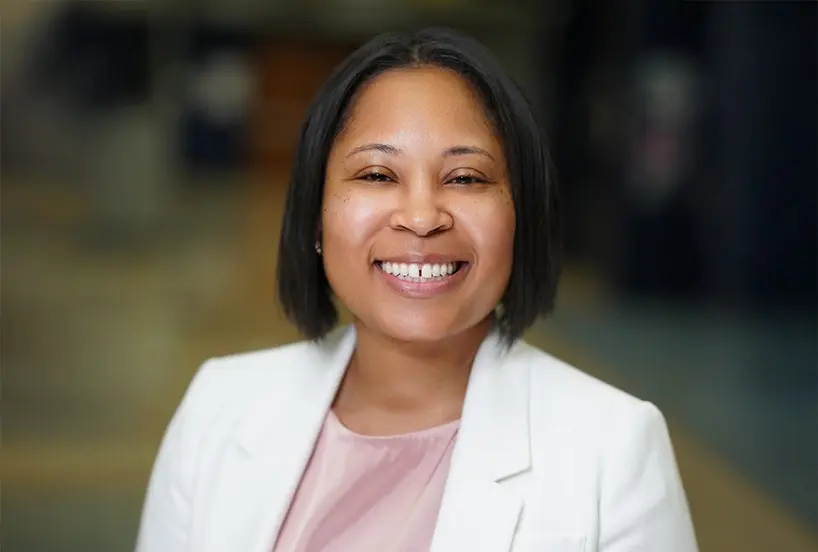
Dr. Candice Carter-Oliver
Board Member

Collin Hitt, PhD
Board Member
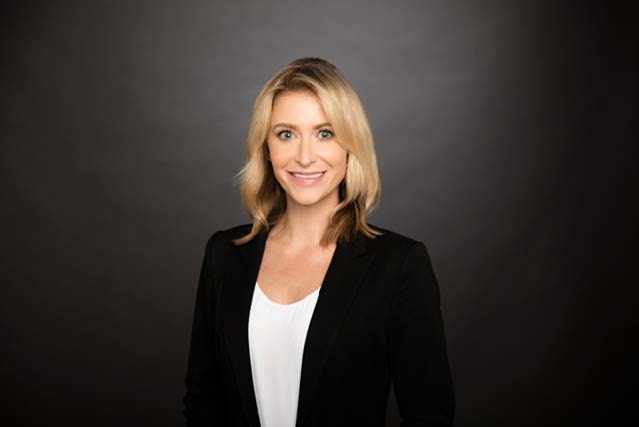
Kristian Joseph
Board Member
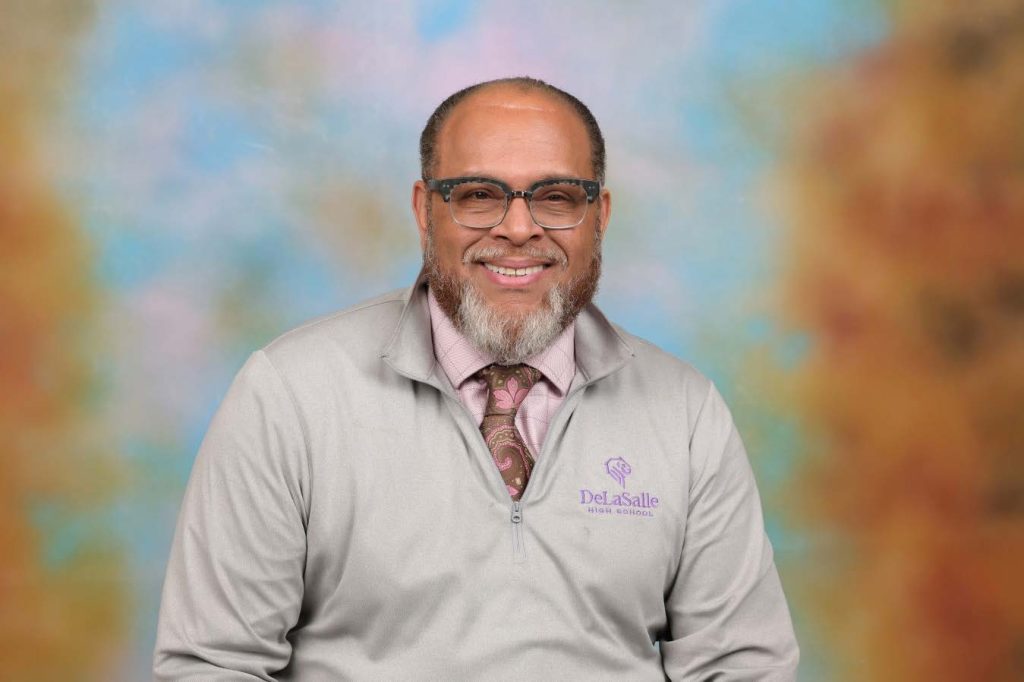
Sean Stalling
Board Member
Frequently Asked Questions
Recent findings from Stanford University show charter students making significant academic strides. The study found that Missouri charter students receive 39.3 additional days of learning in reading and 56.1 additional math days as compared to other public schools. In another recent study, The Progressive Policy Institute ranked St. Louis and Kansas City among the top three cities in the nation for closing the achievement gap for low-income students. They concluded that a “rising tide lifts all boats,” meaning that students in communities with expanded public school choices do better in charter and district-led schools (Stanford University CREDO Study 2023, Progressive Policy Institute, “The Tipping Point” 2024).
Charter schools are open to all. Schools may set a local preference area for enrollment as long as it aligns with state guidelines and does not create racial or socioeconomic isolation. If applicants exceed capacity, admission is determined by a lottery to ensure equal chances for all (§ 160.410, RSMo).
Yes, teachers must be certified to work in a charter school. Missouri charter school law requires that at least 80 percent of teachers in charter schools hold Missouri certification, while the remaining 20 percent may be certified in other states, countries, or otherwise qualified under Missouri’s guidelines (§ 160.420, RSMo).
Charter schools are established by teachers, parents, principals, educational experts, and entrepreneurs. The biggest difference is that no student is assigned to a charter school. Families choose to enroll their children in charter schools. (§ 160.410).
Charter public schools have always received state funding, just like all public schools. However, because charter schools are not allowed to directly receive local tax revenues, their portion of local tax revenues was inequitable. The passage of House Bill (HB) 1552 adjusted the funding formula to more equitably fund public school students, whether attending a charter or district school. Most public schools accept philanthropic donations to support education (§ 160.415, RSMo).
Yes. Charter school students must participate in all the same statewide assessments applicable to students in traditional public schools. (§ 160.405, RSMo).
Charter School Accountability
Charter public schools are held to the same accountability standards as traditional public schools, with additional unique requirements. In Missouri, they must have a sponsor and are held accountable for outcomes outlined in their charter contract. They are also overseen by the Missouri Department of Elementary and Secondary Education (DESE) and federal laws. Most importantly, charter schools are accountable to families; if they fail to deliver value, they may close regardless of performance or promises, ensuring a strong focus on student needs and academic success.
News & Calendars